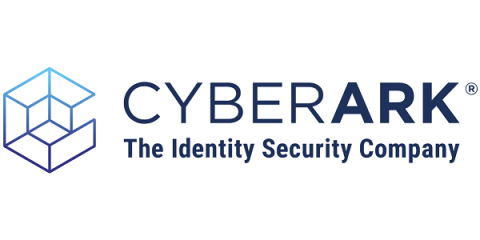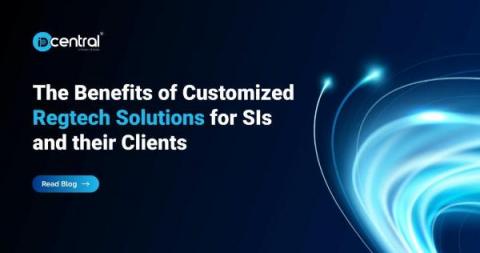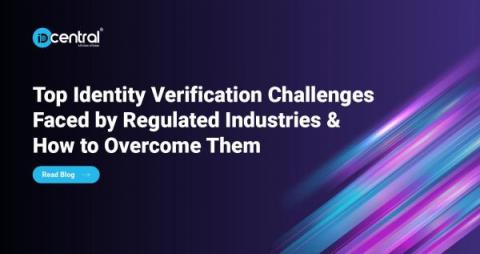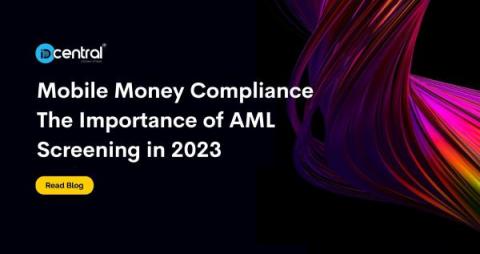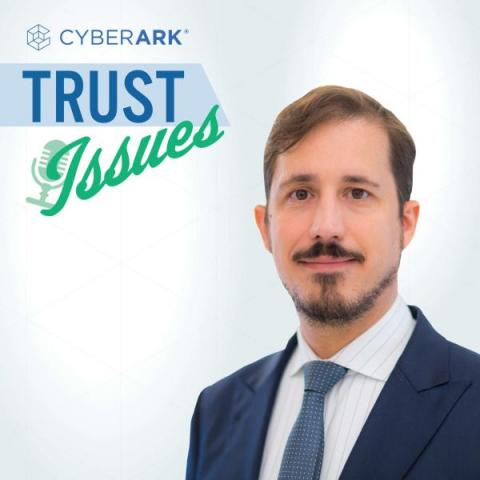Breaking Docker Named Pipes SYSTEMatically: Docker Desktop Privilege Escalation - Part 2
In the previous blog post, we described how the Docker research started and showed how we could gain a full privilege escalation through a vulnerability in Docker Desktop. In this follow-up blog post, we will show the other vulnerable functions we were able to exploit.


